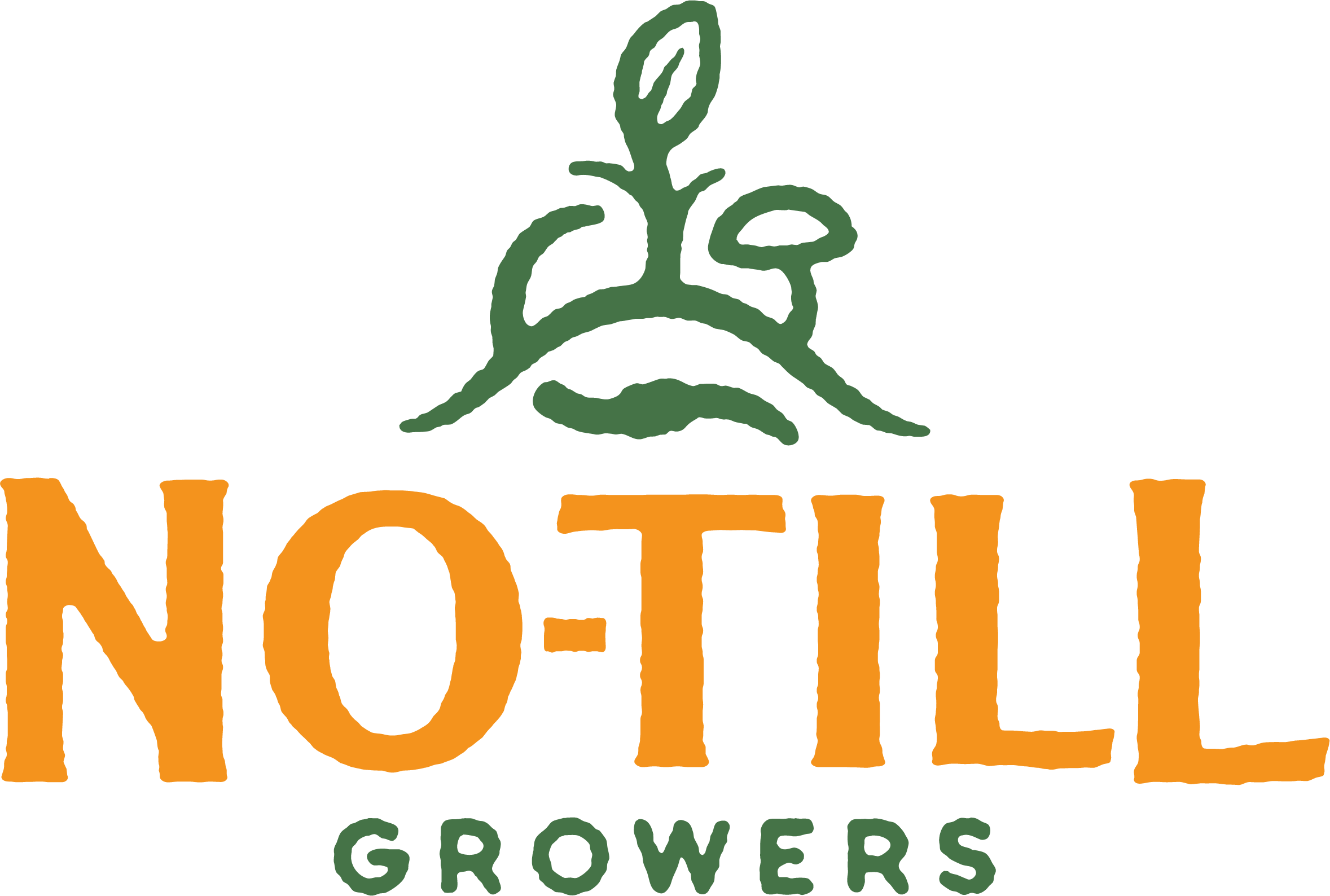The End of Allopathy: Solving for Weeds, Disease, and Pests
Before no-till, I spent a lot of time over the last decade of farming fighting... everything.
I fought pests. I fought weeds. For several hours every week. I fought disease. With various (OMRI) sprays. Beginning this season, I have decided to just stop. It’s a battle that cannot be won, only continuously fought, because that’s not how health works. Weeds or disease or a particularly virulent pest are to a garden what high cholesterol is to the body—they are not the cause of the problem, but the symptoms of a deeper issue. In the case of high cholesterol, the issue is poor diet, lack of exercise, smoking, etc. Generally speaking, it is the product in the same way that weeds or disease or excessive pest pressure is often the product of poor soil health.
Before we go any further, I am not saying that disease and weeds will completely disappear just because you stop tilling. Garden health, as it is in the body, is more complicated than that. And I am not saying the issues can never come back once they subside, either. The health of your soil—certainly of my soil—will take time to understand and revitalize, and a lifetime of monitoring, feeding, and re-revitalizing. I fully expect some disease and pest pressure, especially so soon after our transition to no-till. But, when it inevitably comes, I am not going to spray, but rather use it as a marker for where my soil issues lie, and address the problem there, at the source. Spraying, to be sure, just adds to my symptoms—it kills the lacewings, disrupts the soil life, propels us toward more problems, not fewer.
I could sometimes beat the cabbage loopers and caterpillars with BT, but lost to most everything else that couldn’t be excluded with row cover, and sometimes lost even that. Weeds could be smothered by landscape fabric, only to be resown the next year when I tilled, necessitating the continued use of the ground cover.. There’s copper for blight, but it really only slowed it down. For a minute. All simple allopathy—the type of medicine primarily practiced in the US—treating the symptom and not the underlying cause.
However, what I noticed after I stopped tilling is that I had to do those things less—I didn’t have the same symptoms to treat, because I didn’t have the same health issues in my soil. I spent less time weeding and we have no landscape fabric out. I still have some lingering pests and diseases, to be sure, but I can see the potential in how the plants seem more resilient. Anecdotally, at least, I am watching the cabbage moths float right over the uncovered kale patch.
No longer do I want to treat issues—I want to solve them. Weeds were the first sign that it might be possible. We only spend a couple of hours every two weeks cultivating 3/4 of an acre. That’s it. That’s all we do. It stands in sharp contrast to the day-long cultivations once—sometimes twice—every week I had always known. Weeds are not inherent to farming, they are symptomatic of a crisis, but one that can be solved.
And the same can be said, at least in theory, of disease. Of pests. Healthy soil can create plants healthy and resilient enough to weather these issues themselves, thereby solving it for the farmer.
Plants will always have some pests around in the same way that mosquitoes will likely always pester humans—that’s called nature—and I certainly don’t expect to see them go away entirely. But, I do see a path to drastically reducing the use of plastics, of sprays, of time hoeing weeds not by increasingly elaborate treatments, or tools, but with a holistic approach.
We have to farm more like health coaches than doctors. Otherwise, we are going to be prescribing our farms medicine to treat the symptom instead of addressing the greater overall problem. The latter has no future, because it’s subscribing to a life of battles. With this approach, the issue is only ever going to get worse or, at best, stay the same.
I don’t know about you, but I don’t want to spend my time as a farmer battling. I want to solve the issue and transition my garden from battlefield to thriving community. A place I want to be, not a place I’m fighting against.
Then, eat well and beer.
